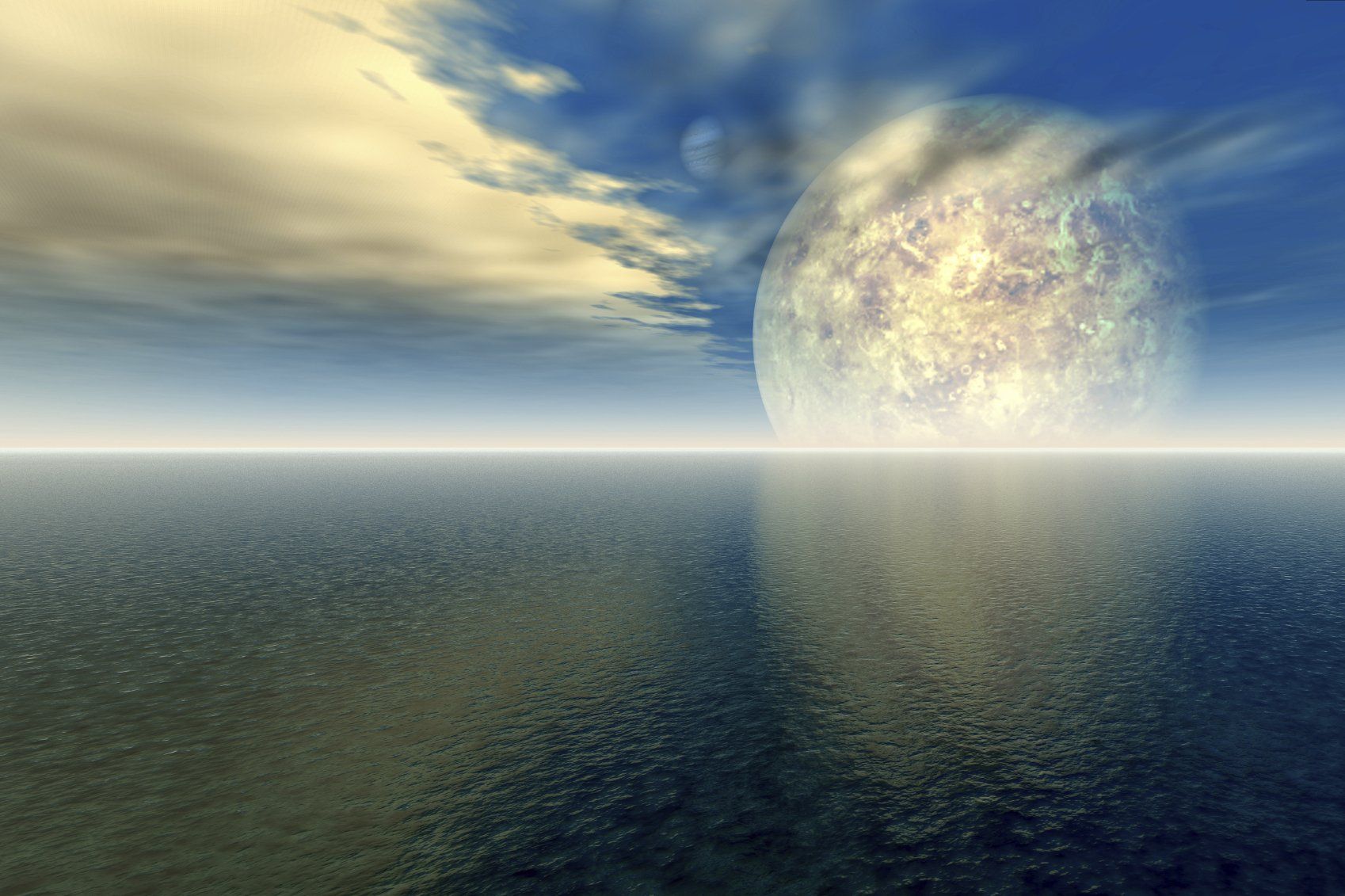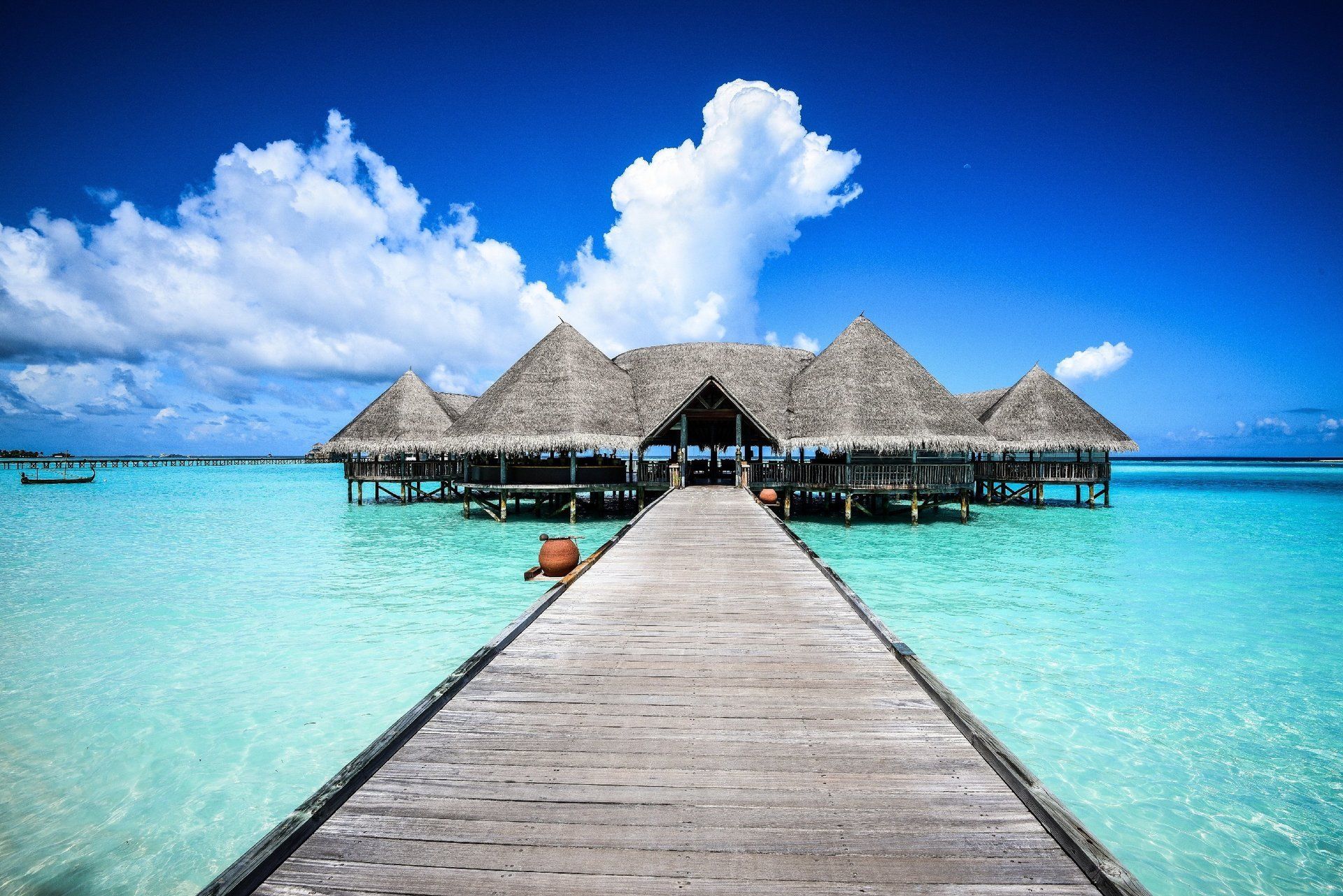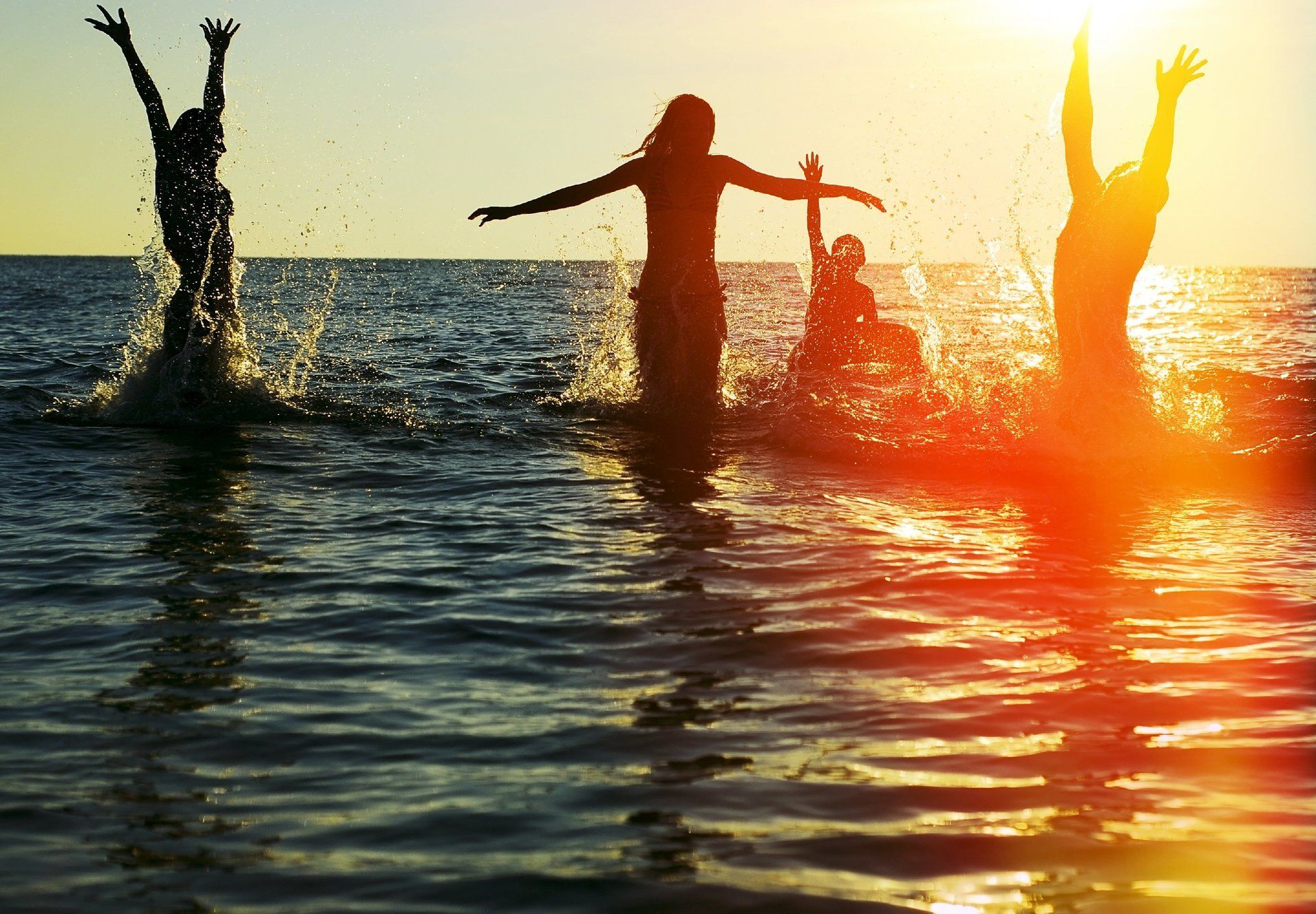Commit to Lifelong Learning
"perpetuam uitae doctrina!"
"Live as if you were to die tomorrow.
Learn as if you were to live forever."
Mahatma Gandhi.

Understanding Ocean Pollution
Enrich Your Life! We are here to point you in the right direction and cheer you on.
Add more tidbits of knowledge into your lifelong-learning tool box!
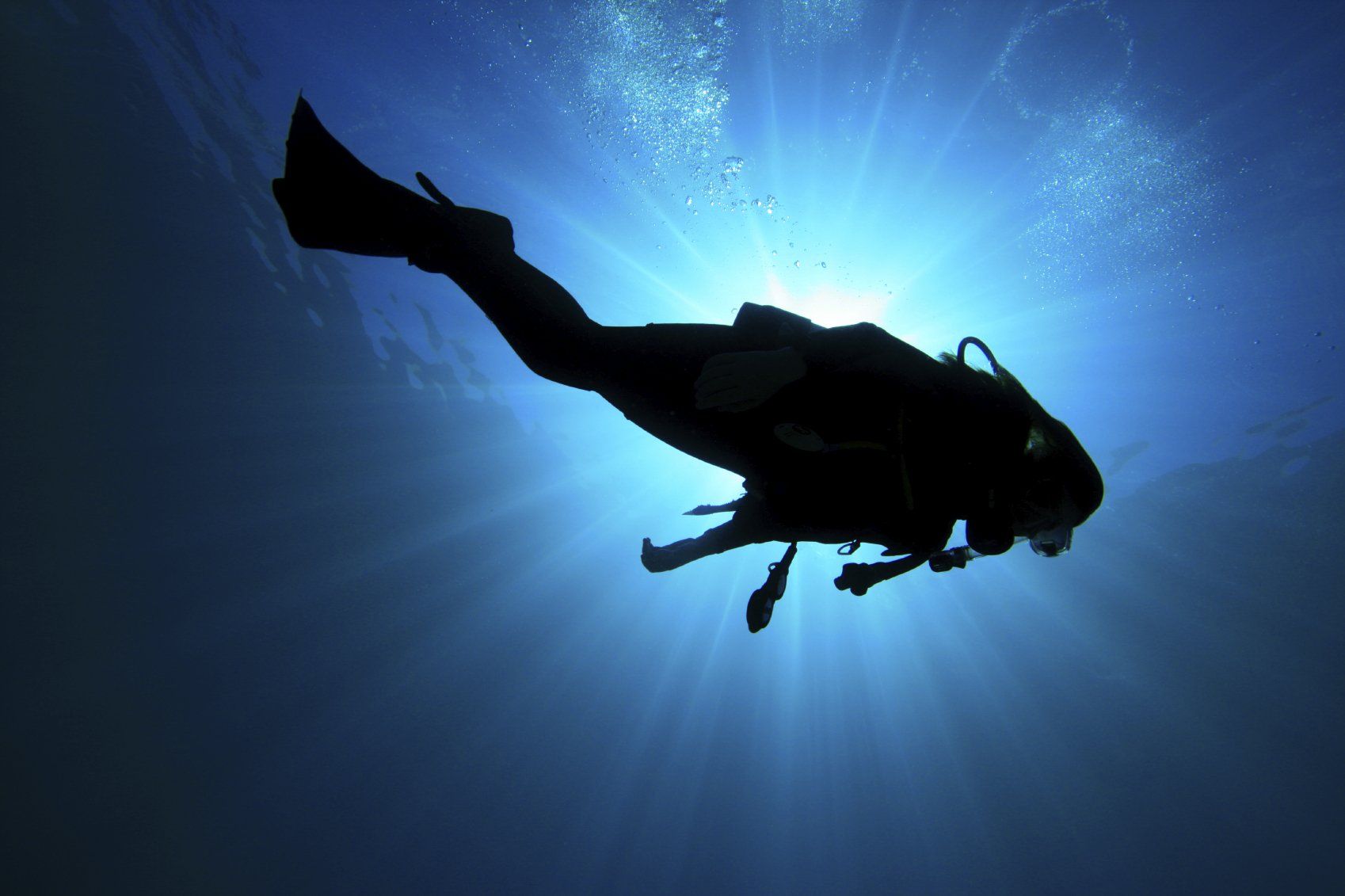
What Is Ocean Pollution?
Ocean pollution refers to the introduction of harmful substances into the ocean that have negative effects on the environment and the creatures living in it. This can include everything from plastic debris and chemicals to oil spills and sewage waste. Essentially, anything that is not a natural part of the ocean ecosystem can be considered pollution.
One of the most pressing issues when it comes to ocean pollution is the amount of plastic waste that finds its way into the water. It is estimated that up to 8 million metric tons of plastic end up in our oceans each year, leading to catastrophic consequences for marine life.
Ocean pollution can also be caused by human activities such as offshore oil drilling, overfishing, and coastal development. All of these can lead to the disruption of the ocean’s delicate balance and the loss of vital ecosystems such as coral reefs and mangroves.
Overall, ocean pollution is a serious issue that threatens not only marine life but also the health and wellbeing of people all around the world. We must take action to address this issue and protect the oceans for future generations.
List of Services
-
How Does Ocean Pollution Happen?List Item 1
Ocean pollution occurs due to the harmful activities of humans that lead to the release of various toxic substances into the sea. Some of the most significant contributors to ocean pollution include industrial waste, oil spills, untreated sewage, plastic waste, agricultural runoff, and chemical discharges.
Oil spills, in particular, are responsible for causing considerable damage to marine ecosystems. Accidents involving oil tankers or offshore drilling operations often result in millions of gallons of crude oil being dumped into the ocean, killing marine life and causing long-term environmental damage.
Similarly, untreated sewage discharged from cities and towns located along the coastline contain high levels of pathogens and other harmful bacteria, which can lead to outbreaks of water-borne diseases among people who come into contact with polluted water.
The use of plastic has also contributed to ocean pollution significantly. Discarded plastic waste such as bags, bottles, and straws often end up in the ocean, where they break down into smaller microplastics that are ingested by marine creatures, eventually entering the food chain.
Agricultural runoff is another significant source of ocean pollution, where the excessive use of fertilizers and pesticides on crops leads to toxic chemicals and nutrients being washed into nearby water bodies. This can cause algal blooms, which lead to the depletion of oxygen in the water and result in the death of aquatic life.
-
The Consequences of Ocean Pollution
The effects of ocean pollution are widespread and detrimental to both marine life and humans. As marine creatures, we depend on a healthy ocean for our survival, and unfortunately, the levels of pollution in the ocean are increasing at an alarming rate. Here are some of the most severe consequences of ocean pollution:
1. Harmful Algal Blooms (HABs)
One of the most significant consequences of ocean pollution is the development of Harmful Algal Blooms (HABs). These are caused by the excess nutrients in the water that encourage the growth of algae. The HABs can produce toxins that harm or even kill marine animals. The consumption of fish and shellfish that are contaminated with these toxins can be fatal to humans.
2. Coral Reef Damage
Coral reefs are an essential component of marine life and the ocean's ecosystem. They provide a habitat for marine creatures, protect the shoreline, and support tourism activities. However, ocean pollution contributes to coral reef damage. Chemicals such as sunscreen, insecticides, and fertilizers that find their way into the ocean can harm coral reefs and bleach their color, making them more vulnerable to disease and death.
3. Marine Animal Ingestion
Marine creatures such as sea turtles, birds, whales, and fish often mistake plastics and other debris for food, leading to their ingestion and suffocation. Plastic and other waste in the ocean harm marine animals' digestive systems and can cause long-term damage that can be fatal.
4. Beach Closures
Excessive pollution in the ocean leads to the closure of beaches as a health precaution. Water polluted with bacteria from sewage, agricultural runoff, and animal waste can cause infections, rashes, and illnesses in humans, making it unsafe for swimming.
-
How You Can Help Prevent Ocean Pollution
Now that we know the harmful effects of ocean pollution, it’s time to take action and do our part in preventing it. Here are some simple steps that you can take to help keep our oceans clean:
1. Reduce your plastic use: Single-use plastic items like straws, water bottles, and bags contribute significantly to ocean pollution. Try using reusable options instead, like metal or glass straws, refillable water bottles, and cloth shopping bags.
2. Properly dispose of waste: Make sure to dispose of your trash and recyclables properly, and avoid littering. When out in nature, always follow the ‘Leave No Trace’ principle and take your trash with you.
3. Support eco-friendly products and businesses: When purchasing products, opt for eco-friendly options and support businesses that prioritize sustainability. You can also check for certifications like Fair Trade or Rainforest Alliance.
4. Join beach clean-ups and conservation groups: Participate in beach clean-ups or volunteer with local conservation groups to help clean up and protect our oceans.
5. Educate others: Spread awareness and knowledge about ocean pollution and how we can all make a difference. Encourage your friends and family to adopt eco-friendly practices and get involved in ocean conservation efforts.
Remember, every small step we take towards preventing ocean pollution can make a big difference in the health of our oceans and the life they support. Let’s do our part to protect them for future generations to come.
Research and Resources
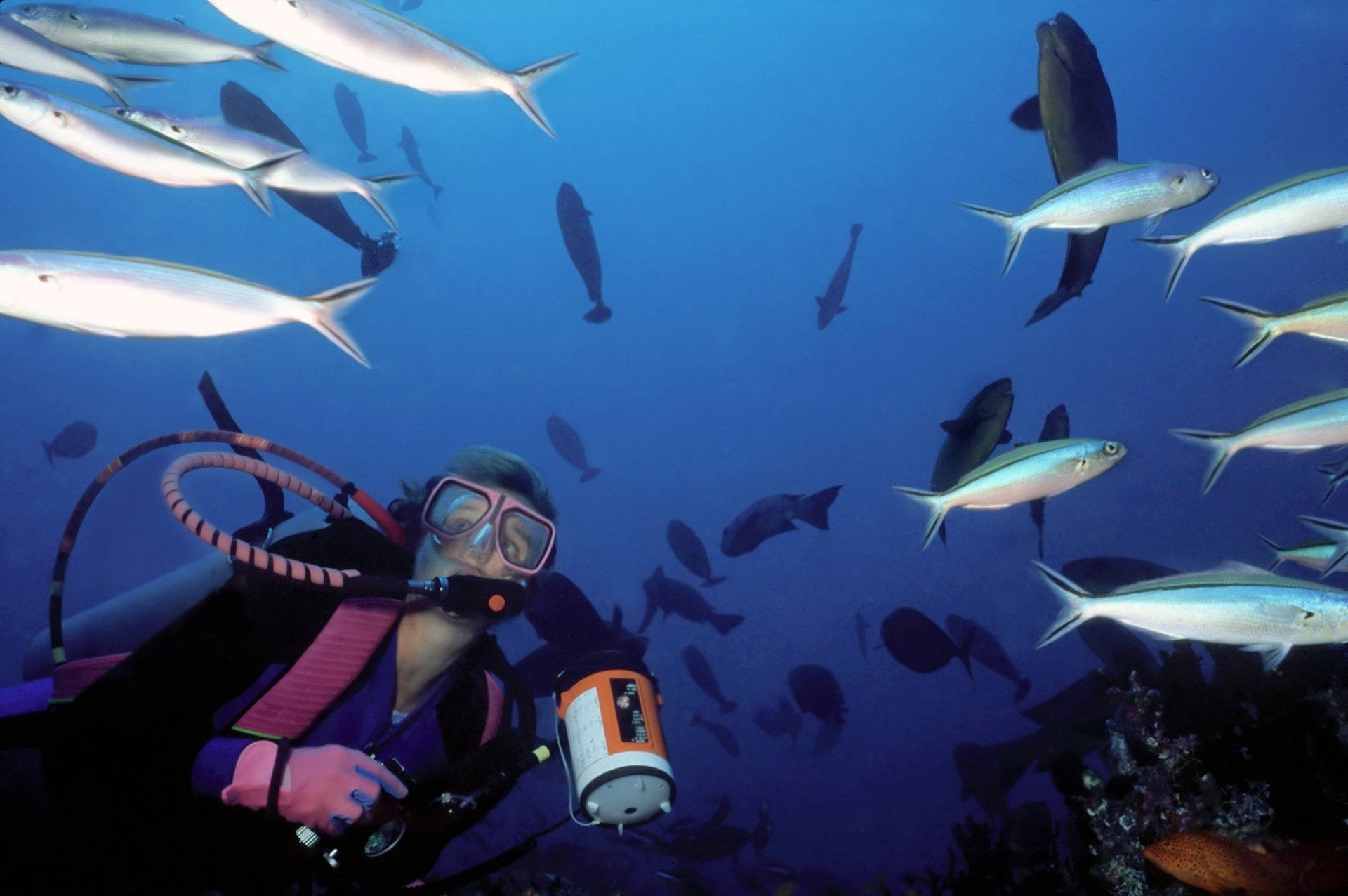
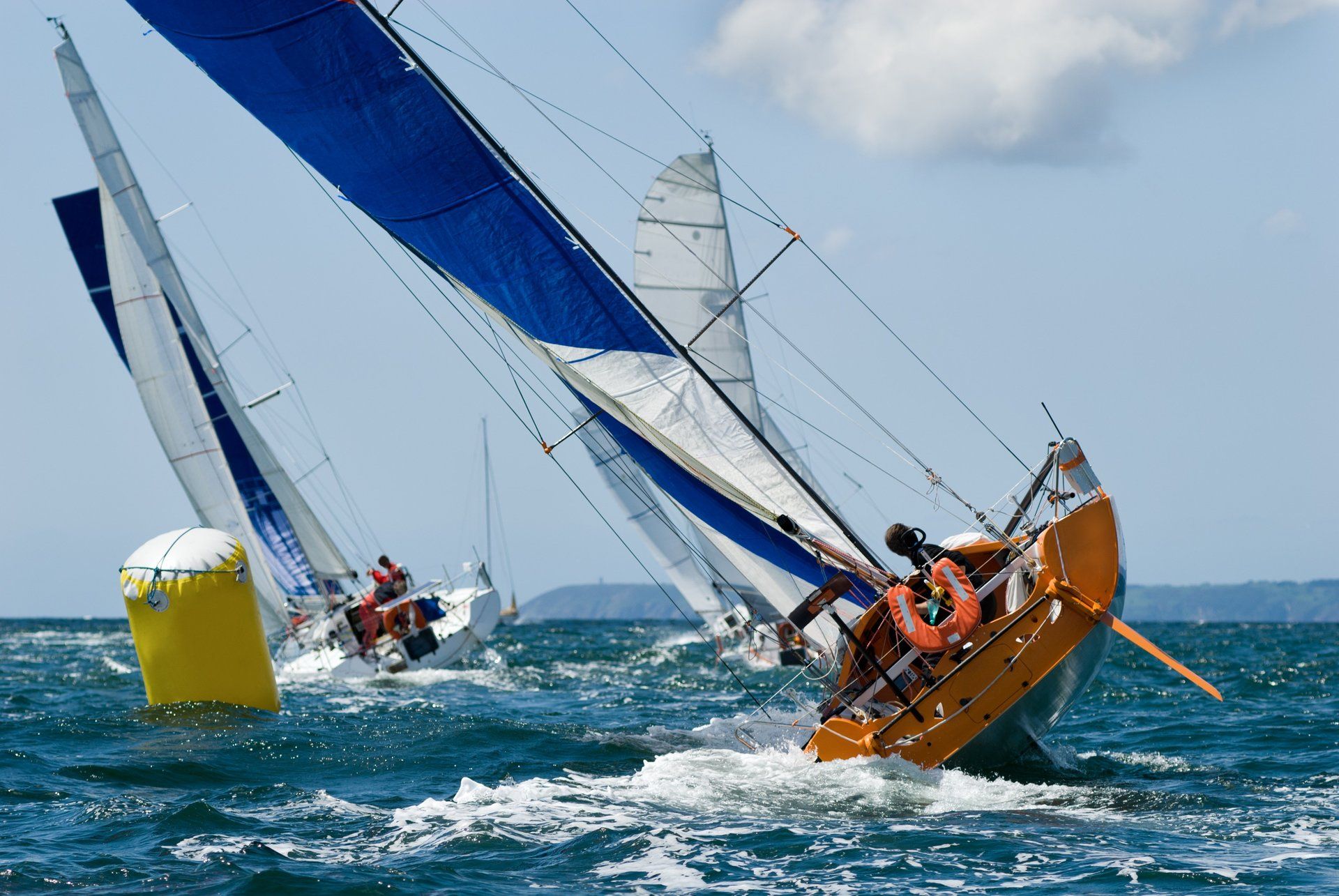

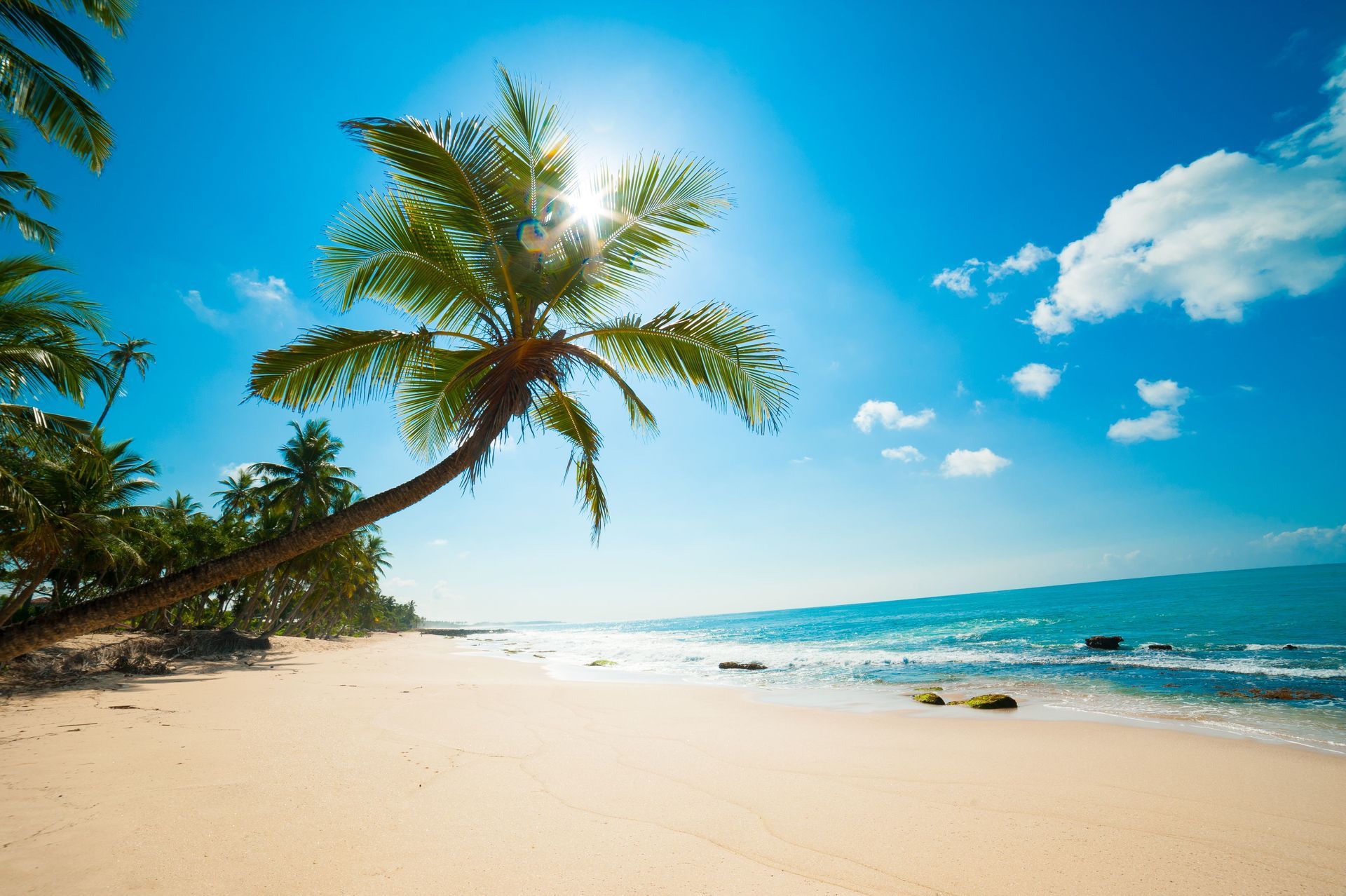
The United Nations: UN News

